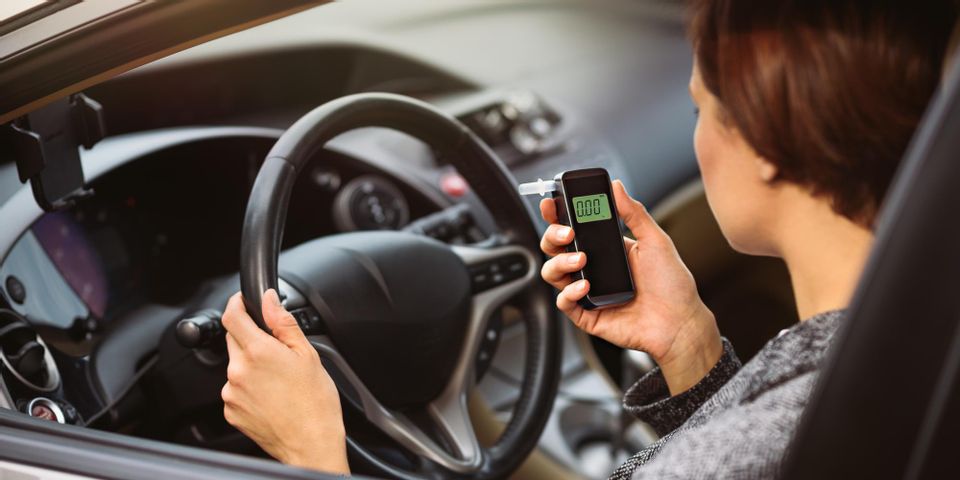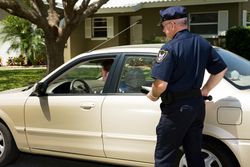6 Steps to Expect From a DUI Traffic Stop in Connecticut

During a traffic stop, you must know what to expect so you can ensure your rights are protected. Understanding the process will also help you recount essential details with an attorney if you wind up facing charges. If an officer pulls you over in Connecticut and suspects you've been driving under the influence, expect the following.
What Will the Police Do During a Traffic Stop?
1. Request Documents
An officer will approach the driver-side window and ask to see your license, registration, and proof of insurance. They'll then search records from the Department of Motor Vehicles and local police department to see if there are any warrants for you or your vehicle.
2. Observe Your Behavior
Throughout the traffic stop, the officer will look for anything incriminating in plain view, which could include an open alcohol container or evidence of drug use. They'll also observe you for signs of impairment, such as slurred speech, the smell of alcohol or marijuana, or bloodshot eyes. They might ask if you've been drinking, and if so, when you had your last drink.
3. Search the Vehicle
 If anything leads the officer to believe you could be intoxicated, they have reasonable cause to search your vehicle without a warrant. They can look anywhere in the car, including the trunk, and search through containers or bags.
If anything leads the officer to believe you could be intoxicated, they have reasonable cause to search your vehicle without a warrant. They can look anywhere in the car, including the trunk, and search through containers or bags.
4. Explain Implied Consent
Before the police issue any tests, they should explain your rights under the implied consent law, which indicates you can refuse testing but will automatically incur penalties. If the police arrest you without explaining your rights, tell your attorney before the hearing.
5. Perform a Field Sobriety Test
Officers can issue any of the following field sobriety tests:
-
Horizontal Gaze Nystagmus (HGN) Test: The officer will ask you to focus on a pen, light, or finger while it's moved from one side of your visual field to the other.
-
Walk-and-Turn Test: The officer will ask you to walk nine steps forward heel to toe along a straight line and then pivot on one leg to face the other direction.
-
One-Leg Stand: The officer will ask you to stand with one leg raised 6 inches and count up from 1,000.
If you sway, hop, put your foot down, or use your arms to balance during a walk-and-turn test or one-leg stand, the police could arrest you under suspicion of intoxication. If your eyes shake during the HGN test, this could also indicate impairment.
6. Conduct a Preliminary Alcohol Screening (PAS)
A PAS measures the alcohol concentration on your breath to determine if the police have probable cause to make an arrest. In Connecticut, a driver over 21 is impaired if they have a blood alcohol content (BAC) reading of 0.08% or higher, and drivers under 21 are impaired if their BAC reaches 0.02%.
If you’re charged with a DUI, the team at The Law Office of Gregory G. St. John, LLC in Waterbury, CT, will develop an aggressive legal strategy to protect your rights. For over 20 years, this experienced attorney has been helping clients throughout New Haven and Litchfield counties navigate the legal world. Call (203) 759-0240 today to schedule an appointment, or visit their website to learn more about their services.
About the Business
Have a question? Ask the experts!
Send your question

